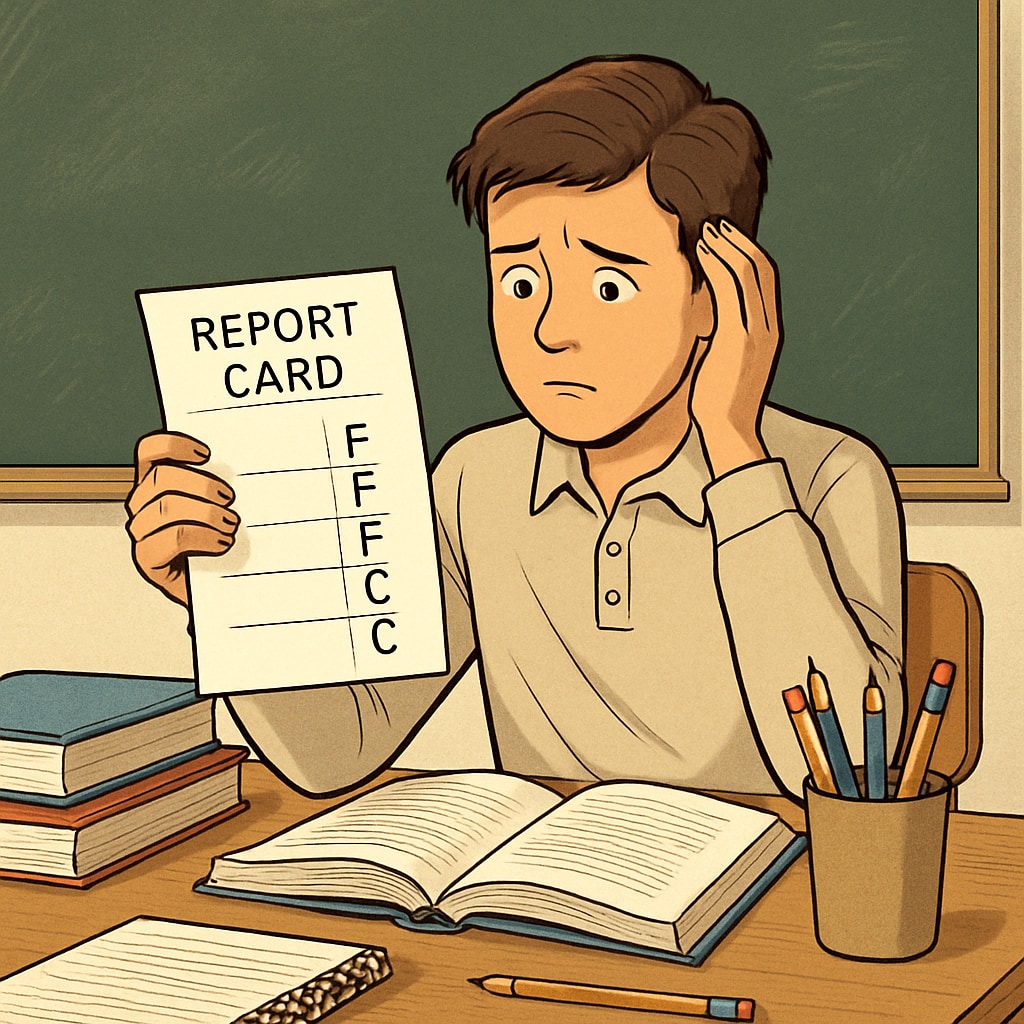One of the most common concerns for high-achieving students is whether a single low score in one subject will undermine their chances of getting into a competitive school like Harvard University. While Harvard admissions standards are undeniably high, it’s important to understand that the process is holistic, meaning that a single weak point in your academic record is not an automatic disqualifier. This article breaks down the real impact of one low grade, explains the philosophy behind Harvard’s admission process, and offers strategies to address any academic shortcomings.

How Harvard Evaluates Applications: The Holistic Approach
Harvard University has long emphasized its use of a holistic admissions process. This means that instead of focusing solely on grades and test scores, the admissions committee evaluates applicants based on a wide range of factors, including extracurricular involvement, leadership potential, letters of recommendation, essays, and more. A single low score in one subject might raise a question, but it is rarely the sole reason for rejection.
According to Harvard’s admissions website, they seek students who demonstrate intellectual curiosity, resilience, and a desire to contribute to the world. For example, an applicant with a lower-than-average math score might still be a strong candidate if they excel in humanities, have a compelling personal story, or show exceptional talent in other areas.
In addition, Harvard considers the context of your academic performance. Were you balancing multiple responsibilities, such as part-time work or family obligations? Did you face a personal challenge during the semester when your score dipped? Providing context in your application can make a significant difference.
Does a Low Score Automatically Disqualify You?
The short answer is no. Harvard does not have specific cutoffs for standardized test scores or GPAs, and they explicitly state that they do not expect perfection. However, it’s important to recognize that competition is fierce. For the class of 2027, Harvard’s acceptance rate was just 3.4%, meaning that most applicants have stellar academic records.
That said, admissions officers are trained to look at the big picture. A single low score in a challenging subject is unlikely to be a dealbreaker, especially if the rest of your transcript shows a pattern of academic excellence. For example, if you earned a C in a high-level physics course but consistently achieved A’s in English, history, and other subjects, admissions officers may view this as a manageable weakness rather than a red flag.
It’s also worth noting that Harvard values growth and resilience. Demonstrating how you addressed the challenge of a low grade—whether through tutoring, extra effort, or self-reflection—can showcase qualities that Harvard prizes in its students.
Strategies for Addressing a Low Grade
If you’re concerned about how a low score might affect your Harvard application, there are several steps you can take to mitigate its impact:
- Provide Context: Use the “additional information” section of your application to explain any extenuating circumstances that contributed to the low score. Be honest, but avoid making excuses.
- Highlight Strengths Elsewhere: Focus on excelling in other areas, such as extracurricular activities, essays, or standardized test scores. A strong SAT or ACT score can help offset a weaker grade.
- Show Improvement: If the low score occurred early in high school, demonstrate a clear upward trend in your academic performance. Consistent improvement signals resilience and dedication.
- Secure Strong Recommendations: Ask teachers or mentors to write letters that emphasize your strengths and ability to overcome challenges. These can provide valuable context for your application.
- Craft a Compelling Narrative: Use your personal statement to tell your story, focusing on how you’ve grown from setbacks. Admissions officers appreciate authenticity and self-awareness.

Beyond Grades: What Harvard Really Values
Ultimately, Harvard is looking for individuals who will make a meaningful impact on their campus and beyond. While academic performance is a critical factor, it is not the only one. Harvard values creativity, leadership, initiative, and the ability to collaborate with others. A student with a minor academic hiccup but exceptional extracurricular achievements or a unique perspective can still stand out.
For example, applicants who have demonstrated a commitment to social causes, started their own business, or excelled in artistic or athletic pursuits often attract the attention of admissions officers. In these cases, a single low grade becomes a minor detail in the context of a much larger and more impressive story.
As a result, students should focus on presenting a well-rounded application that highlights their strengths, ambitions, and potential contributions to Harvard’s community.
Conclusion: Don’t Let a Low Grade Define You
While a low score in one subject might feel like the end of the world, it’s important to keep perspective. Harvard’s admissions process is designed to evaluate applicants as whole individuals, not just as a collection of grades and test scores. By addressing any weaknesses head-on and emphasizing your strengths, you can still present a compelling case for admission.
Remember, the journey to Harvard—or any elite university—is about more than perfection. It’s about growth, resilience, and the unique qualities that make you who you are. Focus on telling your story, and don’t let a single grade define your potential.
Further Reading: For more information on holistic admissions, visit Harvard College Admissions or Britannica’s Guide to College Admissions.


